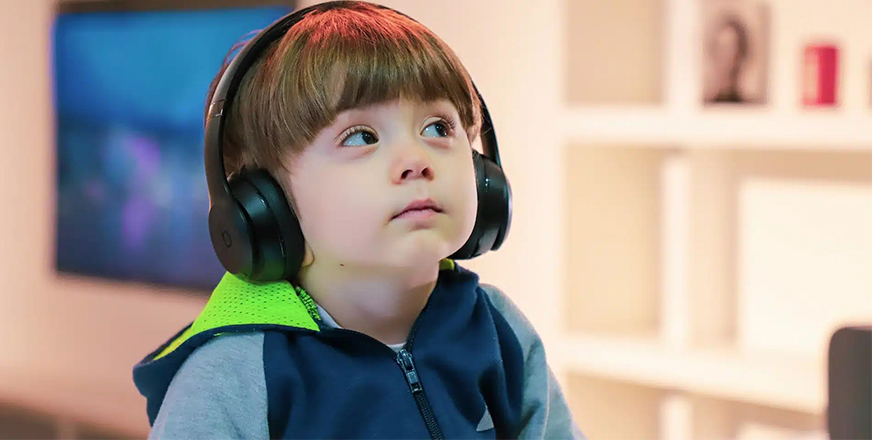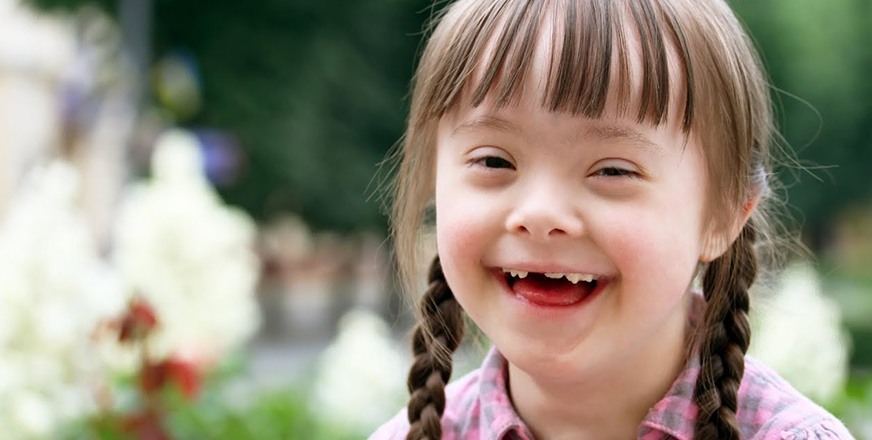Special Classes For Autism Downsyndrome

Autism, also called autism spectrum disorder (ASD), is a complicated condition that includes problems with communication and behaviour. It can involve a wide range of symptoms and skills. ASD can be a minor problem or a disability that needs full-time care in a special facility.
Social communication and interaction skills can be challenging for people with ASD. Some of the common symptoms are avoids or does not keep eye contact, does not respond to name by 9 months of age, does not show facial expressions like happy, sad, angry, and surprised by 9 months of age, does not play simple interactive games like pat-a-cake by 12 months of age, uses few or no gestures by 12 months of age, does not share interests with others, Does not point or look at what you point to by 18 months of age, does not notice when others are hurt or sad by 24 months of age, does not pretend in play, shows little interest in peers, has trouble understanding other people’s feelings or talking about own feelings at 36 months of age or older, does not play games with turn taking by 60 months of age.

Down’s Syndrome is developed at conception due to an additional chromosome. Children with Down’s Syndrome have 47 chromosomes in their cells instead of 46. They also have an extra chromosome 21, which is why Down’s Syndrome is also called Trisomy 21.
Children with Down’s Syndrome may need more support than their peers to achieve developmental milestones and access everyday facilities such as the school curriculum or social networks. Our team of expert paediatric occupational therapists are skilled at working with children with Down’s Syndrome and their families to help achieve the highest level of independence and quality of life.
